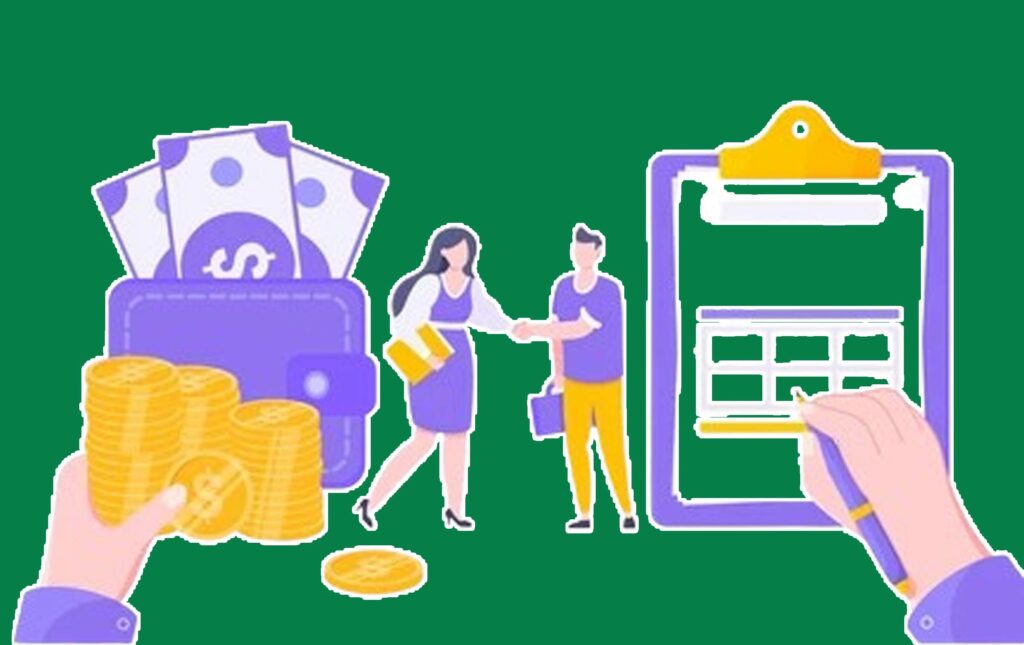Pawn shop loans provide a quick solution for those in need of immediate cash. By providing all your valuable items, such as your collateral, you can obtain funds without credit checks or the lengthy application process that is usually associated with traditional lending options. This can be a good option for those facing unexpected expenses and short-term financial difficulties.

Approaching pawn shop loans with caution is very crucial, as their interest rate charges are often very high and sometimes reach 25% monthly. The pawn shop’s annual percentage rates can increase to 120%, which makes the cost of borrowing from them more expensive than other borrowing loans. If borrowers are unable to repay their loan within the agreed time, then the pawn shop will have to either keep or sell the pawned items.
This will potentially result in the loss of valuable possessions owned by borrowers. While pawn shop loans may provide a quick fix, it’s important to keep in mind that there are high fees and risks involved, which makes them a risky solution for addressing long-term financial needs.
Pros and cons of pawn shop loans
It’s important to weigh the potential benefits and drawbacks before making a decision. Here are the pros and cons of pawn shop loans:
Pros
- Filling to repay the pawn shop loans will result in the loss of collateral without affecting your credit score; it offers a degree of financial flexibility.
- Individuals who may likely not qualify for traditional types of loans could find it easier to secure a pawn shop loan.
- By bypassing the credit checks and income verification for a pawn shop loan, you may receive your funds more quickly than with a traditional loan.
Cons
- If you’re unable to repay the loan, it may lead to forfeiting the collateral; that’s why it’s advised you choose your items wisely.
- Pawn shop loans have substantial interest and fees range from 12% to 240%. This can pose challenges for repayments for some borrowers.
- Pawn shop loans average amount is around $150; your pawn shop loans may not suffice for significant financial needs, prompting consideration of other alternative solutions like small personal loans.
Before opting for a pawn shop loan, carefully check and evaluate the pros and cons to ensure it aligns with your financial needs and goals.
How pawn shop collateral works
Before taking out a pawn shop loan, you’ll have to provide valuable collateral, like jewelry and electronics, and then the pawn shop loan will appraise the items to determine the size of your loan based on the item’s value. You may have to provide proof of ownership that those items belong to you.
Pawn shop loans will give you a “pawn” ticket that will detail the specifics of your pawn shop loan, like the repayment terms, interest rates, fees, and other important needed information. The pawn ticket given to you is what you’ll use to reclaim your collateral once you’ve cleared your loan.
Inability to repay the loan, your collateral will belong to the pawn shop. The items may be sold off to recoup their losses.
Pawn shop loan requirements
Traditional personal loans require things such as credit checks, income verification, and financial documentation, while shop loans don’t require any of these procedures; all you need is a valuable piece of collateral, a valid ID, and your contact information.
Because pawn shop loans don’t require credit checks and won’t report to credit bureaus, taking a loan doesn’t affect your credit at all. The pawn shop process in securing a loan is entirely different from a personal loan; this helps you receive funds more quickly. For those trying to build credit, a pawn shop loan is not the best route for you.
When it may make sense to take out a pawn shop loan
If you’re okay with their high fees and short repayment period, then a pawn shop loan could be the best route for those dealing with small financial emergencies that don’t require a high-dollar amount.
Let’s say you need to cover an expense of $200, but the required cash is not in your bank account, and you have a clear plan of how to repay, or even a backup account; then a pawn shop loan could be a safe option.
Alternatives to pawn shop loans
If you’re unable to apply for a more traditional loan, you should know that pawnshop loans are not the only option you have. You may want to consider these:
- Consider selling that item you were willing to pawn to a pawnshop or a private buyer.
- Payday loan alternatives offered by federal credit unions can be a great option, as they help build your credit and don’t charge outrageous fees.
- Shop around for an online lender that offers emergency loans you could apply for and instantly get approval.
- Check if your community has an emergency resource designed to help your kind of situation, such as a local nonprofit or religious group that may be able to connect you with low-cost loans or may be willing to help you cover up the entire bill.
- Saving up for an emergency fund is a great option to consider; that way, you’ll have a cushion to catch you when next you land in a rough patch.
Frequently asked questions
What does a pawn store do?
A pawn store provides short-term loans in exchange for valuable items used as collateral. If the borrower fails to repay the loan, the pawn store retains the item.
How does a pawn loan work?
A pawn loan involves bringing an item of value to a pawn store, receiving a cash loan based on its worth, and repaying the loan within a specified period to retrieve the item.
How much money can I get for my item?
The amount of money offered for an item at a pawn store loan is typically a fraction of its actual value, with the loan amount varying based on the item’s appraisal.
Why should you pawn your gold?
Pawning gold can provide quick access to cash without affecting credit scores, making it a viable option for those in need of immediate funds.



